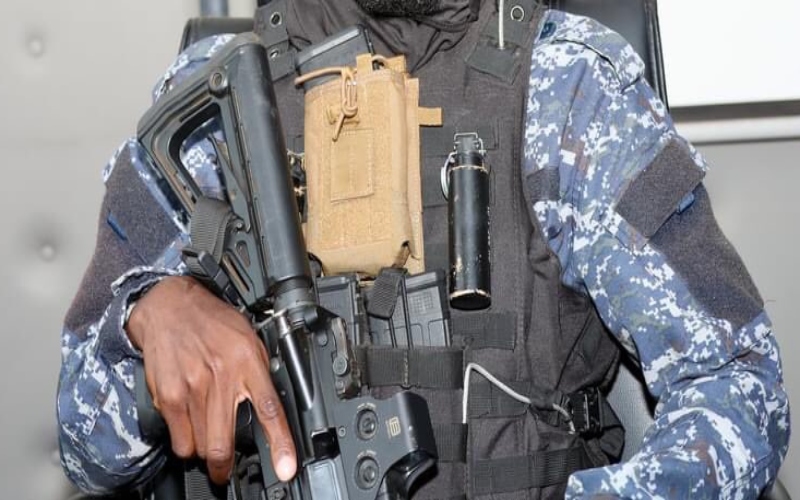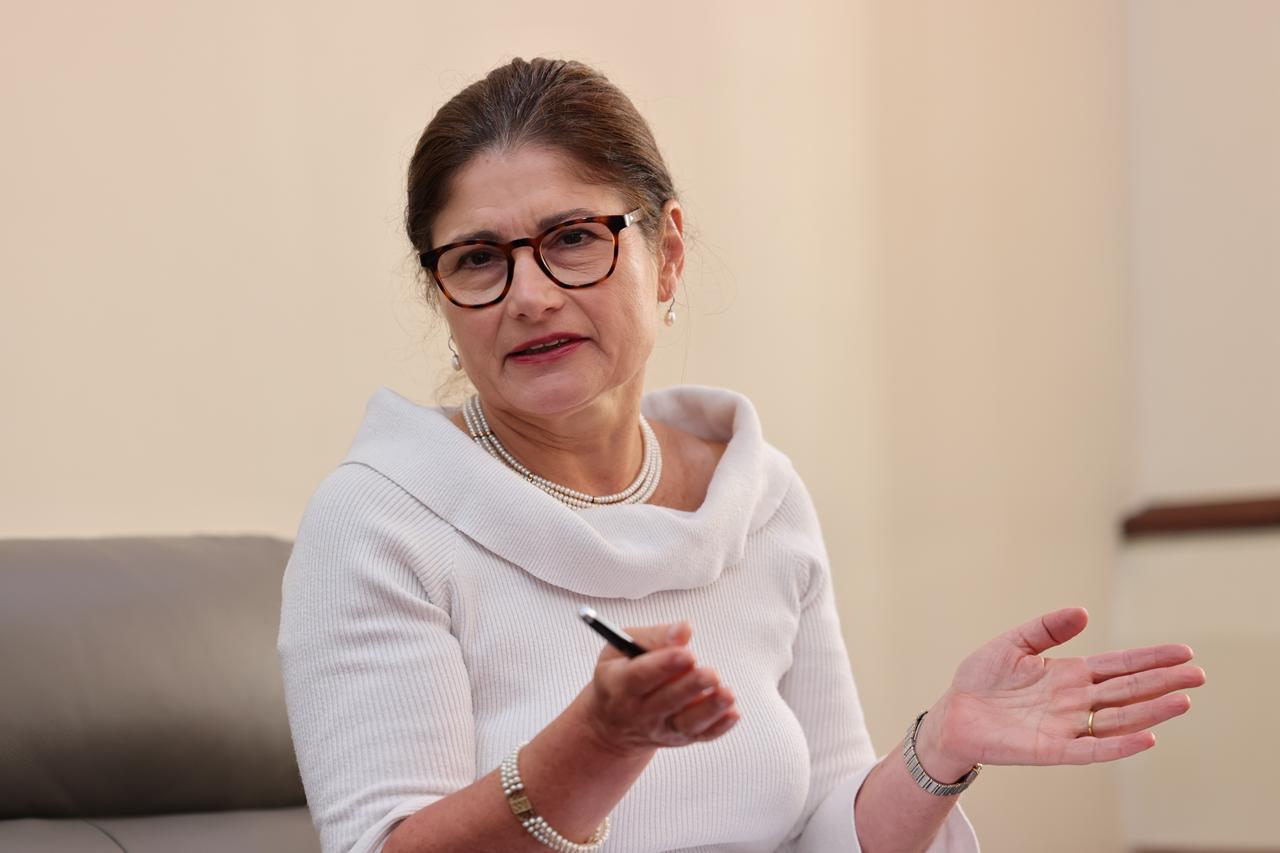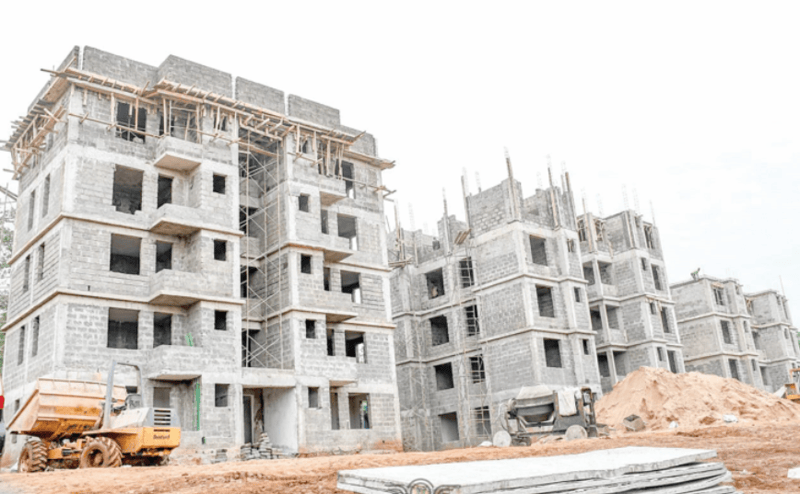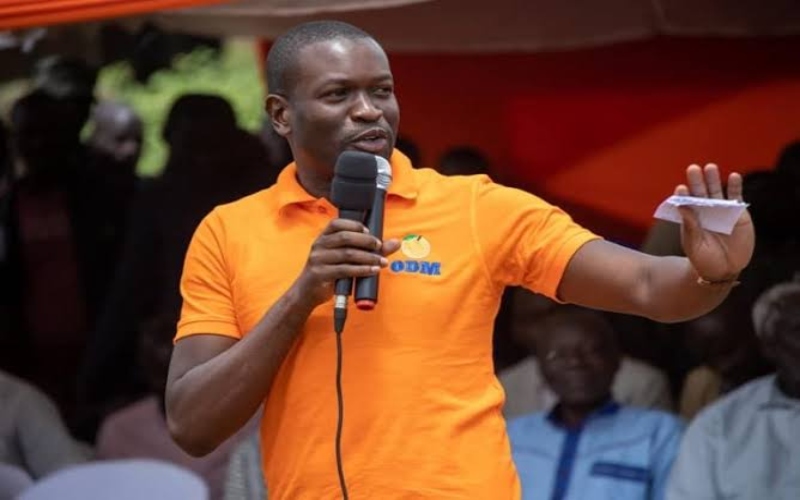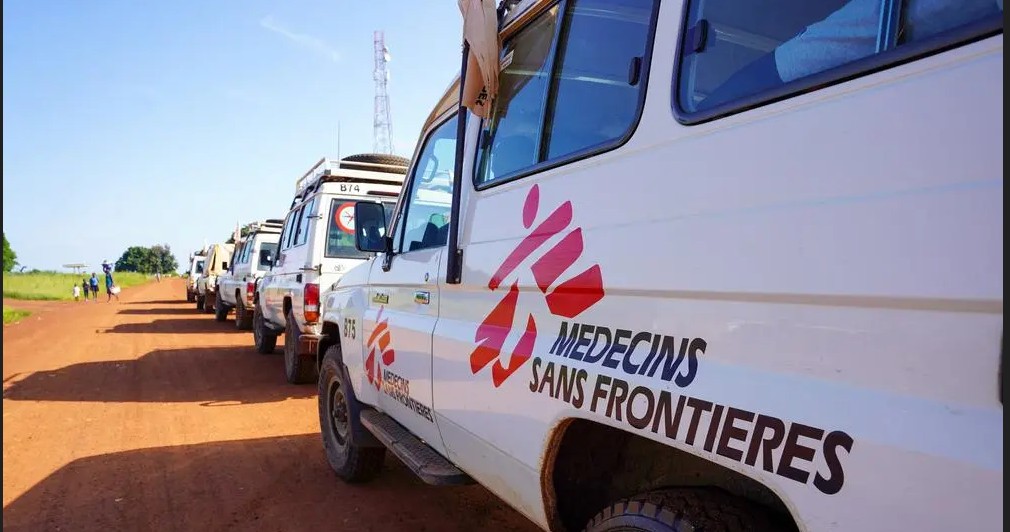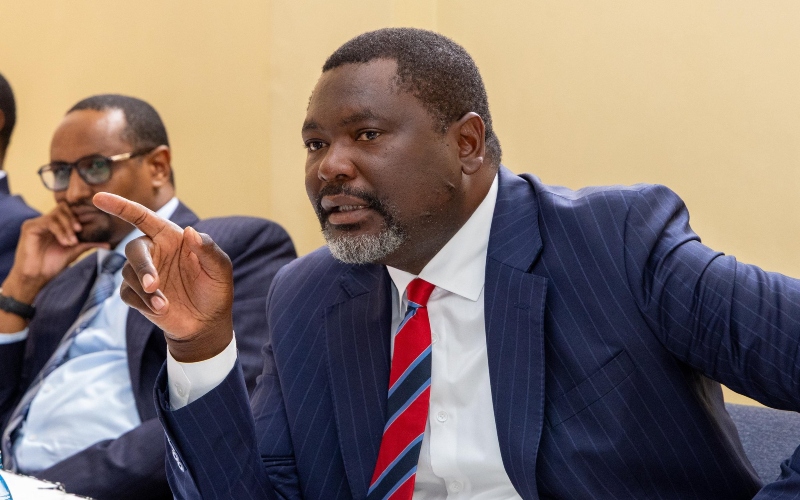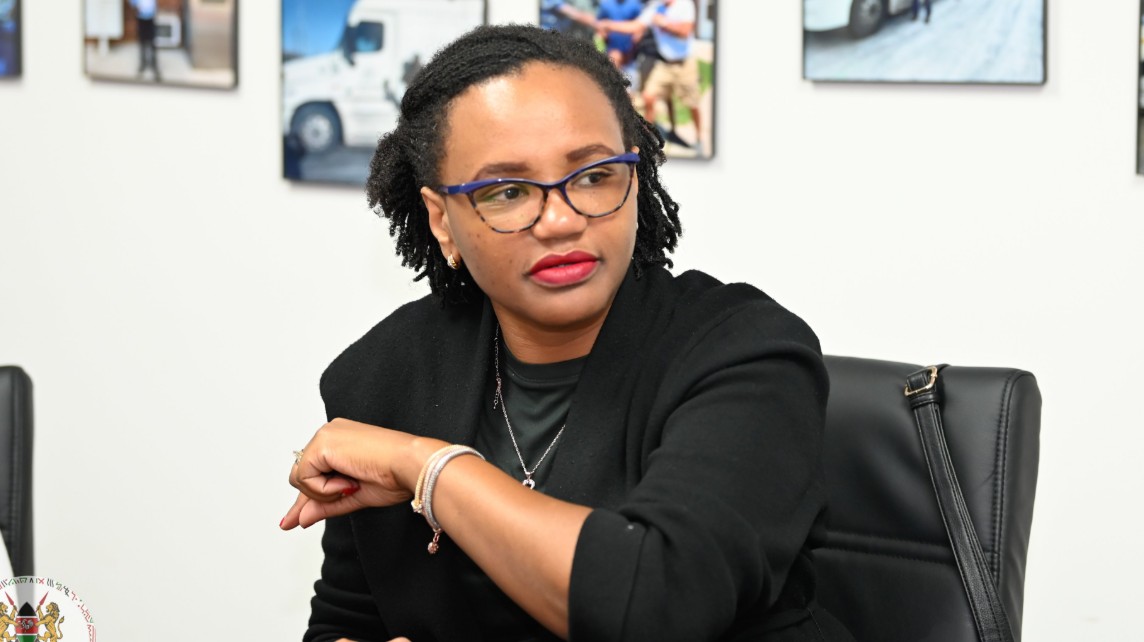Former transport ministers among 18 Kenyans implicated in bribery ring

A decade-long investigation into alleged bribery by Israeli contractor Shikun & Binui, operating as SBI International in Kenya, could lead to significant legal consequences for several high-ranking Kenyan officials.
This comes after an Israeli court fined the company over Sh9 billion.
More To Read
- Senators fault NLC over delayed KenGen land compensation
- Senate summons CS Chirchir over 13-year road functions deadlock
- KeNHA to map out alternative routes for motorists as Rironi-Mau Summit toll highway plans advance
- Court halts Gitaru link road after owners complain of restricted access
- Motorists association blames poor planning for two-day traffic snarl-up which paralysed Nakuru-Eldoret Highway
- Motorists slam 30-year Chinese concession on Nairobi–Nakuru–Mau Summit highway
Prominent figures implicated in the scandal include former Transport Ministers Michael Kamau and Franklin Bett and ex-Transport Principal Secretary John Mosonik. The trio is among the 18 Kenyan officials named in the Israeli investigations.
Other officials implicated are from various Kenyan agencies, such as the Kenya National Highways Authority (KeNHA), the Kenya Urban Roads Authority (KURA), the Kenya Rural Roads Authority (KERRA), and the National Environment Management Authority (NEMA).
Notable names include Samuel Okech, Linus Tonui, Mwatu John Mwichia, Mwangi Maingi, John Okuna Ogango, Nkadayo Joseph Nakodony, Kidenda Otiano Meshack, Ephraim Munene Mwangi, Justus Bosire Nyakego, Stanislaus Palapala Muteshi, John Okumu, and John Karinge. Officials from AMA Consultants have also been mentioned.
In 2010, SBI was awarded a Sh14 billion tender for the construction of the Mau-Summit-Kericho-Kisumu highway. Eight years later, in 2018, two former SBI International employees turned whistleblowers, raising an alarm over the fraud incidents.
In 2019, Israeli investigative agencies froze SBI’s assets worth billions of shillings. The company had to deposit Sh8.67 billion to the confiscation fund of the general custodian to release the assets, which increased to Sh9.61 billion due to interest.
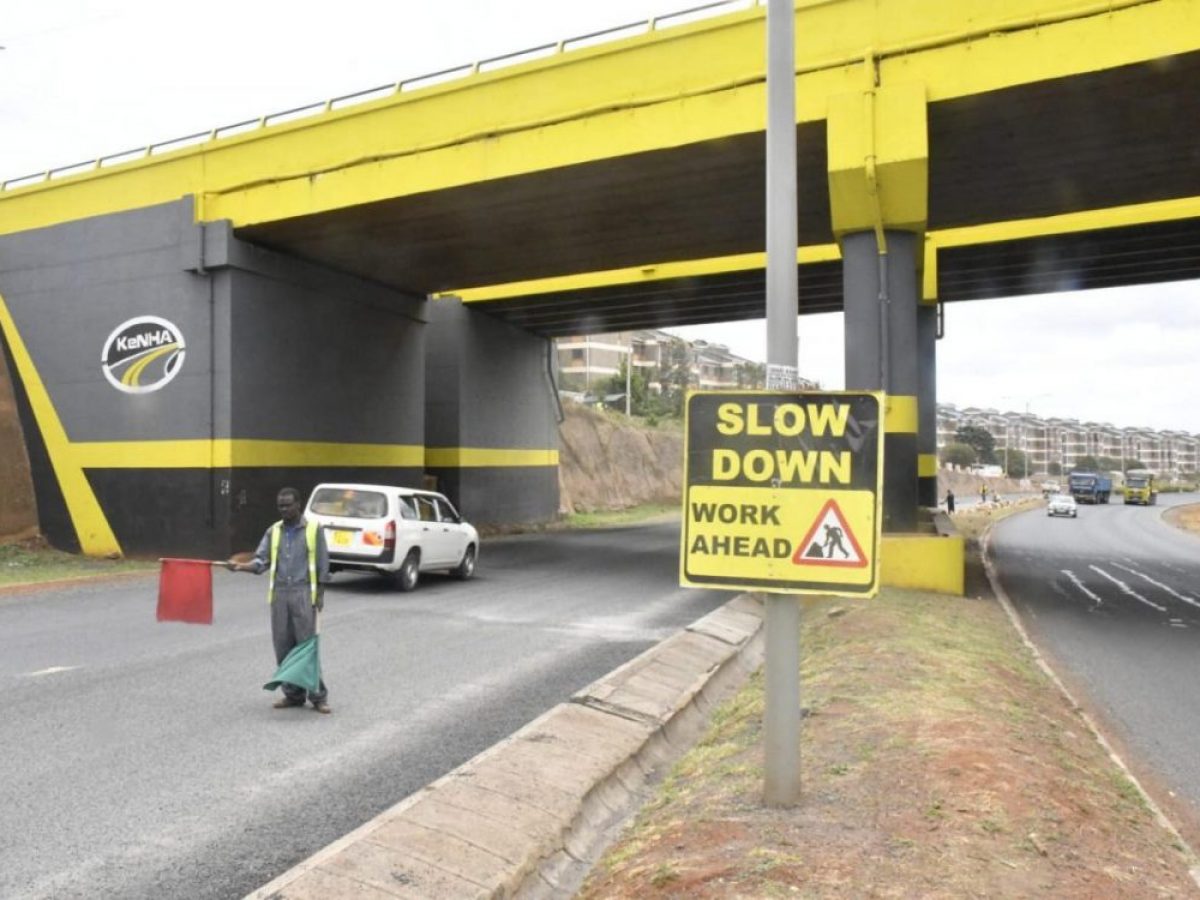 The Kenya National Highways Authority has temporarily closed a section of the Mombasa-bound lanes on Mombasa Road (A8) at Lake Oil (Konza) Petrol Station, located four kilometres before Malili Town. (Photo: KeNHA)
The Kenya National Highways Authority has temporarily closed a section of the Mombasa-bound lanes on Mombasa Road (A8) at Lake Oil (Konza) Petrol Station, located four kilometres before Malili Town. (Photo: KeNHA)
A settlement agreement required the company to pay Sh9.02 billion, including Sh346.95 million for its subsidiary SBI Infrastructure.
The investigation gained momentum when two former SBI International employees turned whistleblowers in 2018. This led to coordinated raids by Kenyan and Israeli detectives on SBI offices on February 20, 2018, resulting in the seizure of critical documents, computer files, and mobile communication devices.
These raids also uncovered methods of payment, amounts received by officials, and the purposes of the bribes.
Among the seized evidence are false invoices justifying bribe payments and a 20-page notebook detailing the transactions.
The Ethics and Anti-Corruption Commission (EACC) is closing in on the investigation with the anticipation of receiving crucial evidence from Israeli authorities, including the little black book detailing kickbacks paid to secure lucrative road contracts.
This evidence is expected to bolster local investigations and support convictions in Kenyan courts.
EACC spokesperson Eric Ngumbi explained that the scheme involved inflating project costs to facilitate the payment of kickbacks, with most projects funded by the World Bank.
“The threshold for proving bribery in Israel is much lower than that in Kenya's judicial system, but we are confident of building a solid case,” Ngumbi said.
“We have covered a lot of ground. A lot that needs to be done has been done,” Ngumbi said, noting that EACC officials had visited Tel Aviv to access evidence gathered by Israeli authorities.
Top Stories Today

